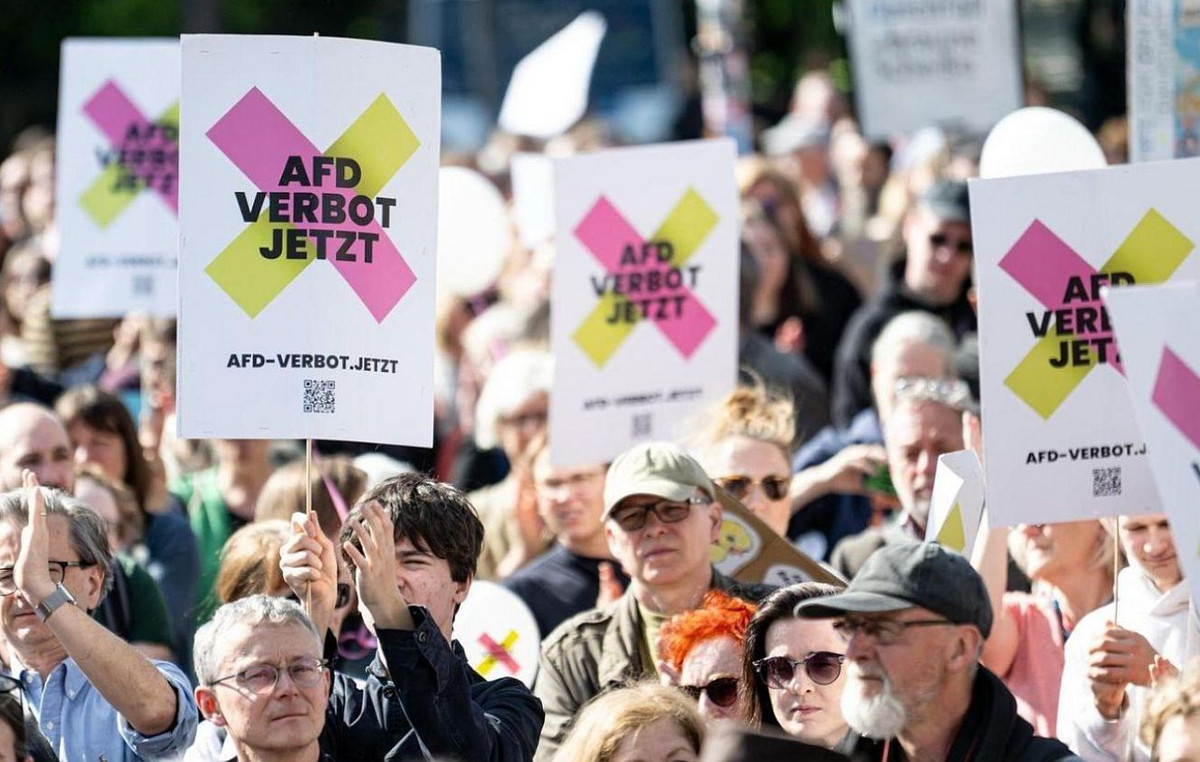In recent decades, Brazil’s performance in terms of social inclusion has increased: in the early 2000s, whites represented 76.8% of people in higher education, while blacks accounted for 21.9%. Now, there are 55.4% white and 43.7% black according to IBGE data.
The quota law – which will be revised next year – changed the situation of blacks and browns in the country a little, but even so, it was not enough to change the job market.
“The wave of diversity that hit universities in the 2000s, 15 years later, hit companies’ doors and it was already foreseen, because once education was achieved, people would want jobs and income”, says Leizer Pereira, founders of Comunidade Empodera .
For blacks, entering the job market is already more difficult; as a result, the funnel is even narrower for reaching leadership positions. IGBE data show that less than 3% of black women and men reach positions of leadership or management in Brazil – up to 3 times less than whites.
Daniel Teixeira, director of the Center for the Study of Labor and Inequalities, explains what is behind this discrepancy. “There is still an image in relation to black people as those who are not suitable for positions of leadership, leadership, command and this causes there to be a halt in the rise of these professionals, which is shortened in relation to other people”.
Flávia Martins heads Google’s diversity and inclusion area in Latin America and Canada. As a manager, she identified one of the barriers to accessing opportunities in selection processes: English. The language is no longer a requirement, and became part of the internship program at the company. “English is correlated with opportunity, access, it’s not about skill or intelligence, it’s not about effort, it’s about whether you had access,” says Martins.
Like Google, other companies have offered initiatives to increase equity, such as the creation of exclusive job openings and mentoring for leadership training. That’s what happened to Eduardo, he started as an intern and is now part of the membership of a multinational.
“At that time, I already promised myself: when I have a leadership position, I will be very accessible. So, when I reached the position of director here, I felt compelled to reach out to some young people so that they could socialize, be able to ask me questions so that I could generate competitive will in them”, says Eduardo Alves, financial partner at PWC.
Elected one of the 40 most powerful executives in Brazil, Rachel Maia says it’s time for companies to change the way they recruit professionals and invest in the initiative to polish talent. “You can’t say that there is no talent in diversity — there is a lot. But we have to look. The form we are looking for today is not the same as in the past. We have to cross bridges and go to the outskirts, where there are many talents”, he says.
But, for this, the work environment also needs to be aware and willing to change. This is what Mafoane Odara, a master in social psychology defends: “It’s no use bringing a bunch of blacks to the positions if the system doesn’t change. And this goes from putting, for example, the discussion on diversity, equity and inclusion at the center of the strategy. Which means that diversity, equity and inclusion are a way of looking at the world”.
The warning signal remains lit. According to the ETHOS institute, at the pace the country is at, racial equality in the workplace will only be achieved 150 years from now. The new generations, however, have no time to wait. “This is not what we want, we want the Brazil of the present, the transformation of a system must be done in the present to reverberate in the future”, says Rachel Maia. “Supporting companies of black people, supporting affirmative actions that come from black people, continuing to foster allies, male allies, white women so that they can help us generate opportunity.”
Reference: CNN Brasil







